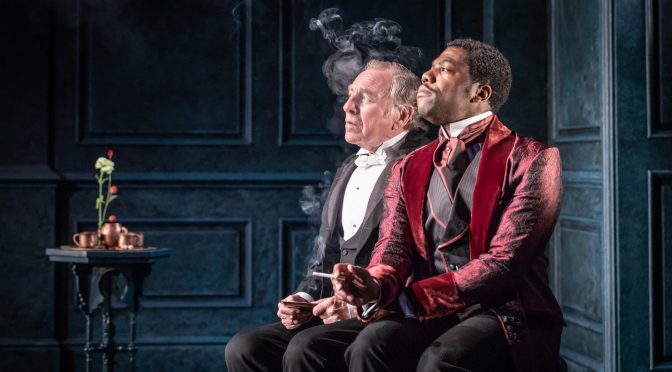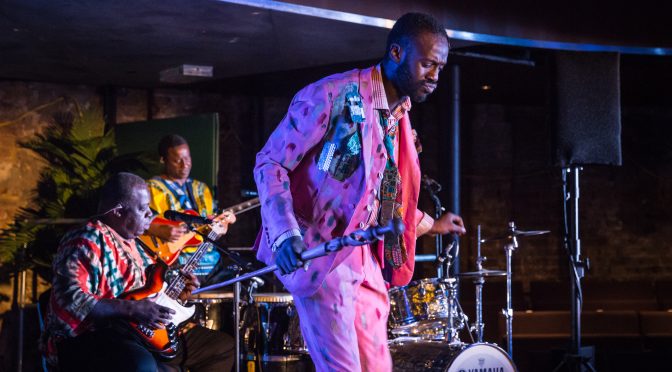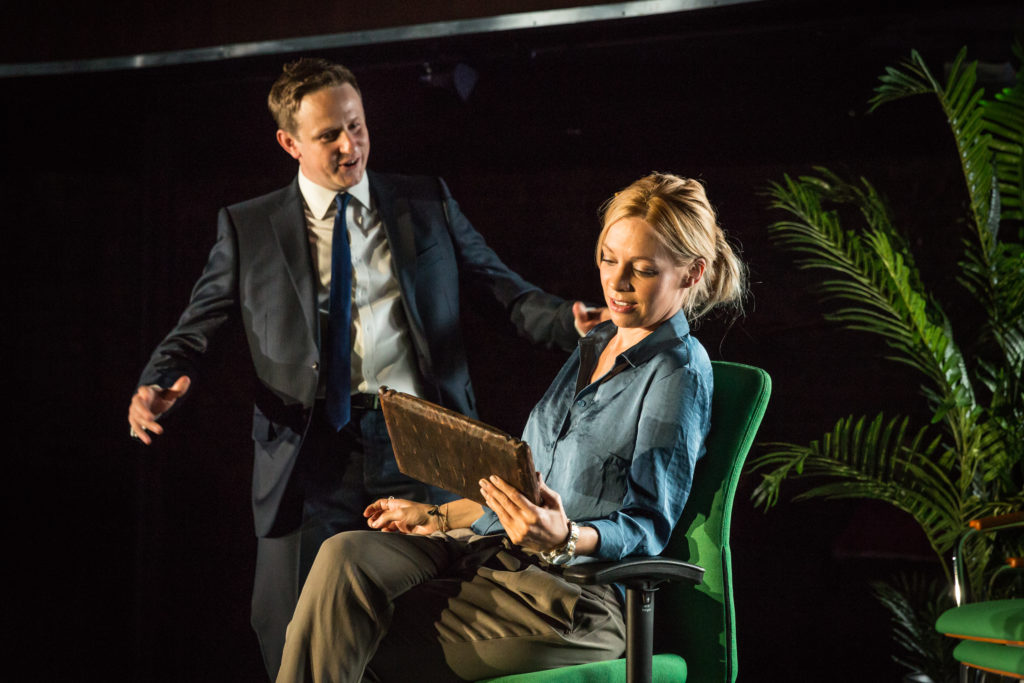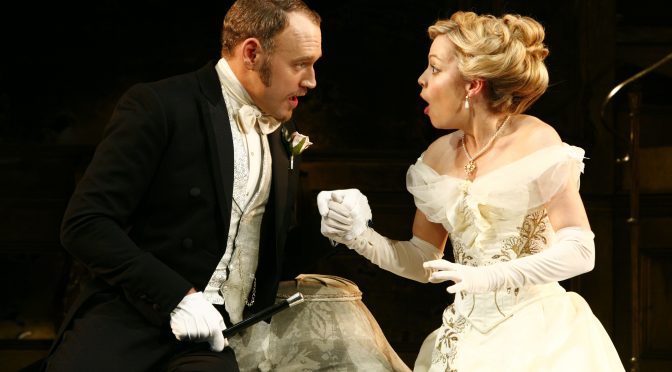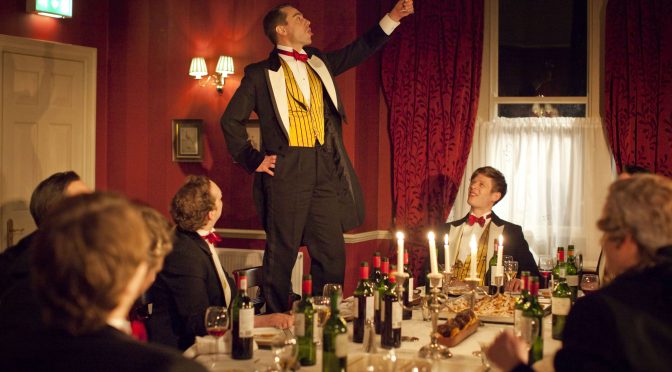A year-long season of Oscar Wilde plays, masterminded by Dominic Dromgoole, draws to a close with the biggest and best: the great man’s famous comedy of misconstrued manners and identities that everyone agrees is a masterpiece. All the productions from the Classic Spring Theatre Company have been fresh and intelligent, with a marked confidence in their material, and this show from director Michael Fentiman is no exception.
A talented cast is inspired to be bold. Fehinti Balogun has real star quality as a particularly dandyish Algernon, while his fellow bachelor Jack is played with amusing bluster by Jacob Fortune-Lloyd. Their love interests are both portrayed as formidable characters, with great performances from Fiona Button and Pippa Nixon. As for the older generation, looking on at the love affairs and ostensibly in charge, every line from Sophie Thompson’s Lady Bracknell and Stella Gonet’s Miss Prism is worth listening to, as Wilde pokes at any and all pretension.
This is as bacchanalian a production as you could wish for Wilde – full of food and sex. Compulsive eating is picked out; watching the cast manage sandwiches and crumpets while delivering such complex lines is its own pleasure. And while remaining credibly fin de siècle, these are the lustiest ladies you could get away with (Button’s “tremors” are beautifully delivered). Meanwhile Balogun plays Algernon with a polyamorous streak that’s blissfully naughty.
The production has a careful eye on class with the servants’ limited lines playing a big part. Algernon’s butler, Lane, becomes part of the family and benefits from a strong performance from Geoffrey Freshwater. Thompson’s Lady B is satisfyingly innovative: there’s no dithering about with that handbag line and there’s a touching moment at the plot reveal. Yes, no matter how silly, Thompson is right to bring a tear to her eye here.
A clean, clear look at a famous text, even one as perfect as this, is always good. The balance with retaining what made it a classic is perfect here. Perhaps the approach can be summed up with the complementary work on set and costume design from Madeline Girling and Gabriella Slade, respectively. The stage is almost bare, free of fussy period details, while the wardrobe is spot on and gorgeous. So there’s nothing to get in the way of the comedy. And nothing to deny the date of the piece either. It’s to Fentiman’s credit that his touches are thought provoking and respectful – and in every case increase the wonderful humour on offer.
Until 20 October 2018
Photo by Marc Brenner

